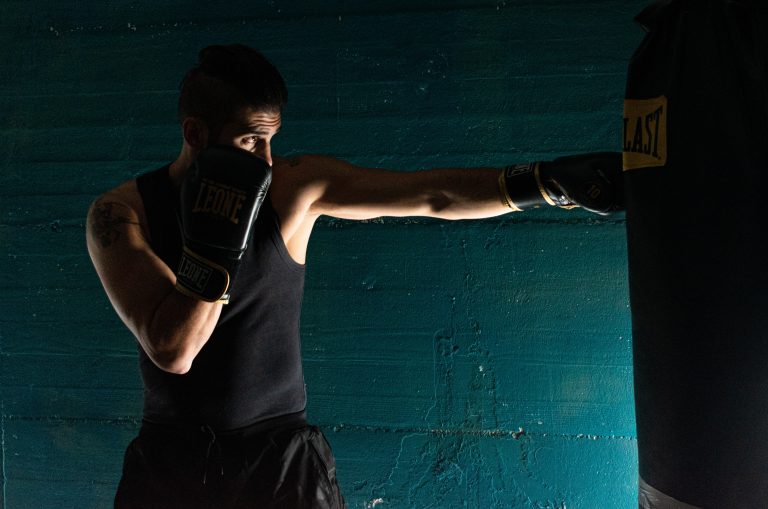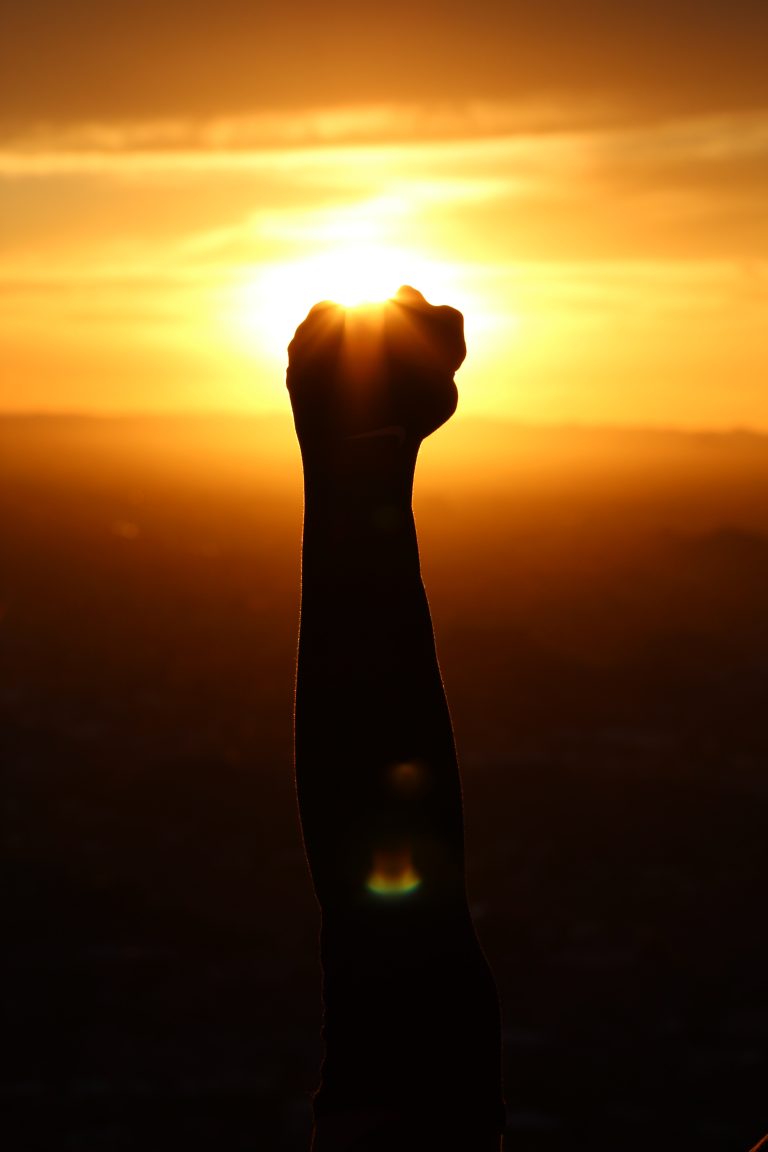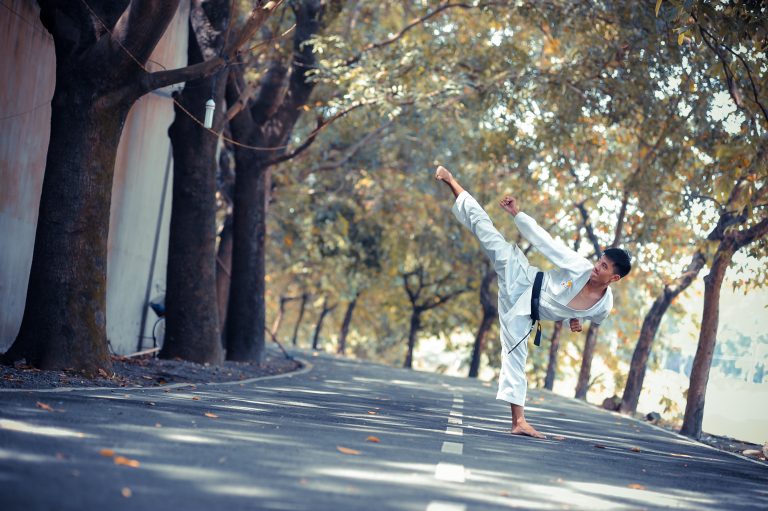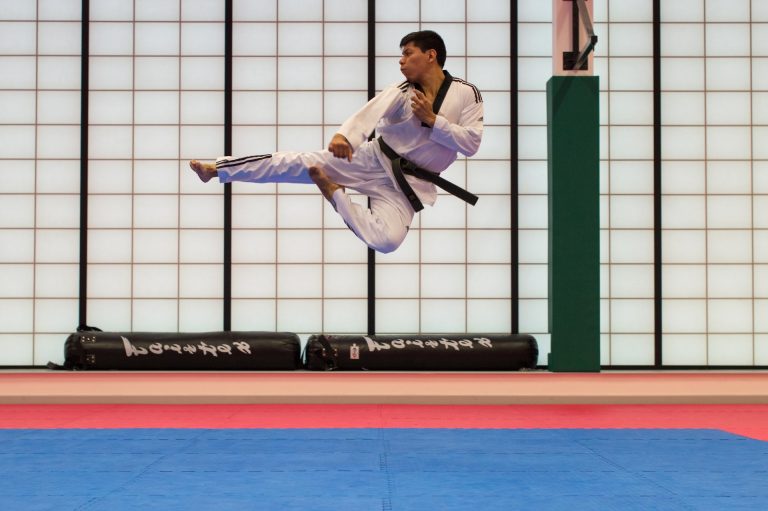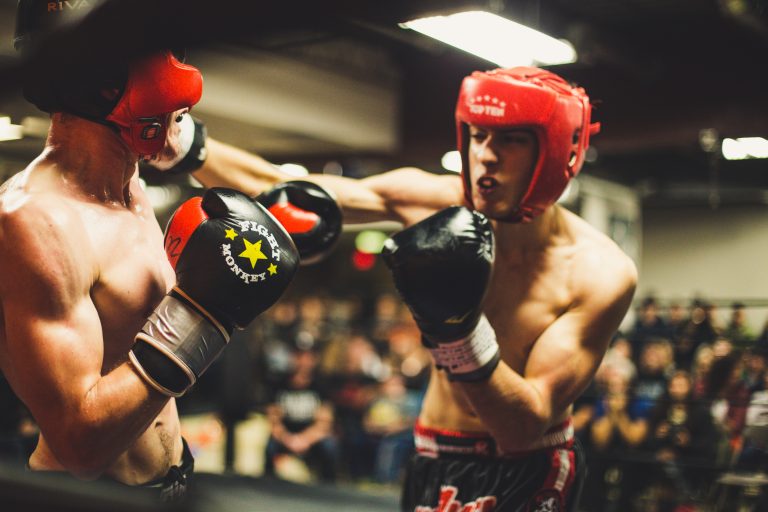How to Address a Karate Master: Proper Etiquette
Karate has been a popular martial art form for centuries. Its practitioners, known as „karateka,“ come from different parts of the world and uphold a certain level of discipline and respect. If you are new to karate, you may not be familiar with the proper etiquette in addressing a karate master. In this blog post, you will learn about the different ways to address a karate master and the etiquette expected in this martial art form.
Who is a Karate Master?
A karate master is a highly skilled practitioner of the art who has earned a high rank after years of dedicated training and practice. A karate master has achieved a level of expertise that makes them a respected authority in their field. They are often addressed by specific titles, each with their own level of meaning.
Titles for Addressing Karate Masters
There are different ways to address a karate master, and the title used often depends on their level of seniority. Below are the most common titles used to address karate masters in ascending order of seniority:
Sensei
The word sensei means „teacher“ or „instructor“ in Japanese. It is used to address any instructor, regardless of skill level or rank, in a martial arts class. However, when you are addressing a true karate master in a formal setting, it is best to add their rank to the title. For example, „Sensei, could you please show me this technique again?“ Or „Sensei Smith, may I speak with you for a moment?“
Shihan
Shihan is a title reserved for highly respected and senior karate masters. The word Shihan means „model teacher“ or „exemplary instructor“ in Japanese. It is used to address a karate master who has at least a 5th or 6th-degree black belt or higher. For example, „Shihan Johnson, may I have your permission to train in your dojo?“
Hanshi
Hanshi is also a highly respected and senior karate master title. The word Hanshi means „exemplary master“ or „model teacher“ in Japanese. It is best used to address karate masters who have reached an 8th degree or higher black belt. For example, „Hanshi Tanaka, may I have the honor of training under you?“
Kyoshi
Kyoshi is another title used to address highly respected and senior karate masters. The word Kyoshi means „professor“ in Japanese. It is used to address karate masters who have achieved the 7th degree or 8th degree black belt. For example, „Kyoshi Rodriguez, may I have the privilege of learning from you?“
Kaicho
Kaicho is a title reserved for the head of an organization or the leader of a karate school. The word Kaicho means „founder“ or „the one who starts something“ in Japanese. This title is used to address the person who created and leads the karate school or organization. For example, „Kaicho Smith, may I have your permission to join your organization?“
Etiquette in Addressing a Karate Master
Addressing a karate master should not be taken lightly, as it is a reflection of your respect for them and their martial arts practice. Below are some etiquette tips to follow when addressing a karate master:
Use the Appropriate Title
The first step in addressing a karate master is to use the appropriate title. This shows that you respect not only their expertise but also their position. However, if you are unsure of their ranking, it is better to err on the side of caution and use the title Sensei to be respectful.
Bow
Bow your head when addressing a karate master as a sign of respect. This is especially true when addressing a karate master before or after class. Bow with your hands behind your back, feet together and bend slightly at the waist, and maintain the position until the karate master acknowledges you.
Eye Contact
It is important to maintain eye contact when you are speaking to a karate master. However, when you are bowing, it is appropriate to lower your gaze to show respect.
Speak Clearly and Politely
When addressing a karate master, be sure to speak clearly and politely. Use appropriate language and avoid slang or informal language. This shows that you respect their position and expertise.
Show Appreciation
Always show appreciation whenever a karate master agrees to teach you or answer your questions. This is one way of expressing your gratitude for their time and effort.
Frequently Asked Questions About How to Address a Karate Master
Karate is a traditional martial art that has its roots in Japan. With its popularity around the world, it is not uncommon for people to practice Karate and have the opportunity to meet a Karate Master. When addressing a Karate master, it is important to be respectful and use the proper etiquette. Here are some frequently asked questions about how to address a Karate master.
Q: What should I call a Karate Master?
Traditionally, a Karate master is addressed as „sensei“ (先生). This is a Japanese honorific term that can be translated as „teacher“ or „instructor“. It is common practice to refer to someone who teaches Karate as „sensei“ even if they do not hold a formal title. However, if a Karate master has a higher rank or degree, it is appropriate to use their formal title, such as „Renshi“ or „Kyoshi“.
Q: How do I bow to a Karate Master?
Bowing is a common practice in Karate to show respect. When bowing to a Karate master, it is important to follow proper etiquette. Stand in front of the Karate master with your feet together and hands at your sides. Lower your head and body to a 45-degree angle, keeping your back straight. Hold this position for a moment, then stand up straight again. It is important to be sincere when bowing and show genuine respect.
Q: How should I dress when meeting a Karate Master?
Dressing appropriately when meeting a Karate master is a sign of respect. Wear clean, modest clothing that covers your shoulders and legs. Some dojos (Karate schools) may have a dress code, so it is always best to check beforehand. If you are attending a Karate class, it is appropriate to wear a white Karate uniform, or „gi“.
Q: Can I shake hands with a Karate Master?
In Karate, handshaking is not a common practice. Instead, it is customary to bow as a sign of respect. However, if the Karate master offers their hand to shake, it is acceptable to do so. It is important to follow their lead and not initiate a handshake unless it is offered.
Q: Can I ask a Karate Master questions about their techniques and training?
Karate masters are often more than happy to share their knowledge and experiences with students and enthusiasts. However, it is important to approach them with respect and humility. Ask thoughtful questions and listen carefully to their responses. Avoid interrupting or challenging their expertise. Remember, a Karate master has dedicated years of their life to perfecting their craft and should be treated with the utmost respect.
In conclusion, addressing a Karate master requires proper etiquette and respect. Using the honorific „sensei“, bowing, dressing appropriately, and avoiding handshaking are just a few examples of how to show respect to a Karate master. If you have the opportunity to meet a Karate master, take the time to learn from them and show appreciation for their dedication and contributions to the art of Karate.
How to Address a Karate Master
If you’re new to karate, it can be intimidating to talk to a master. You may not know what to call them, how to greet them, or even what to say. However, addressing a karate master is a simple process that can be done respectfully and correctly by following some basic guidelines. In this guide, we’ll go over the steps you can take to address a karate master properly.
Step 1: Address Them by Their Title
The first thing you should do when addressing a karate master is to call them by the correct title. In general, you want to address them as Sensei, which means „teacher“ in Japanese. This is a common title used in most traditional karate schools, and it is a sign of respect to call them by this name.
If the master has a higher rank, you should address them by their specific rank. For example, if the master is a fourth-degree black belt, you should call them Yondan or Fourth Dan. If they have a title that is specific to their organization, you should use that title instead.
Step 2: Greet Them Respectfully
When you approach a karate master, it’s important to greet them respectfully. In general, bowing is a common practice in karate schools, but it’s not always necessary. If you’re not sure if bowing is appropriate, you can always ask someone else in the school.
If you choose to bow, place your hands at your sides and bow from the waist. Your eyes should be looking down at the ground as a sign of respect. Bowing is not a sign of submission, but rather a sign of respect and honor.
Step 3: Be Polite and Respectful in Your Speech
When talking to a karate master, it’s important to be polite and respectful in your speech. Use formal language and avoid using slang or casual language. If you’re not sure what to say, you can always ask someone else for help. In general, it’s best to keep your communication brief and to the point.
Step 4: Follow Their Lead
When addressing a karate master, it’s important to follow their lead. If they prefer to be called by a specific title, use that title. If they prefer a certain form of greeting, follow that custom. If you’re unsure about something, don’t be afraid to ask the master for clarification.
Step 5: Show Respect Even Outside of the Dojo
Finally, it’s important to show respect to a karate master even outside of the dojo. If you see them in public, use their title and be respectful in your greeting. Remember, they have earned their rank through years of hard work and dedication, and they deserve your respect.
To wrap it up, the process of addressing a karate master is a simple one. By following these guidelines and showing respect, you can ensure that you are addressing them properly. Remember to address them by their appropriate rank or title, greet them respectfully, be polite and respectful in your speech, follow their lead, and show respect even outside of the dojo. With these steps, you can show the proper respect to the karate master and continue your journey to becoming a karate expert.
Inhaltsverzeichnis

